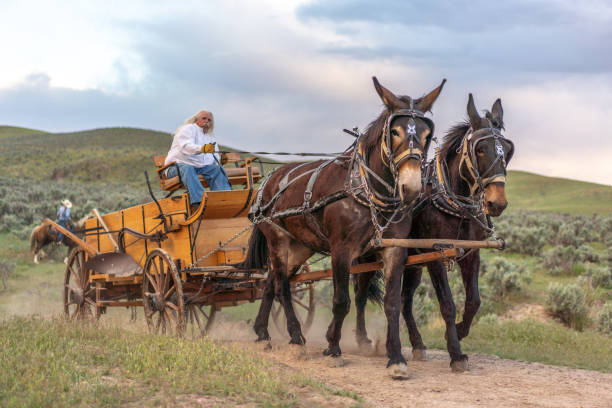Summary:
The phrase “Get out of Dodge” may be unfamiliar to younger generations, but it carries a rich historical and cultural legacy. Originating in Dodge City, Kansas—a city with a significant role in shaping the American West in the late 1800s—the expression evokes images of lawlessness, frontier justice, and the struggle to restore order amid chaos.
Historical Context:
Dodge City earned its reputation as a wild and unruly boomtown, attracting outlaws, gamblers, and opportunists. It became a symbol of the untamed American West until peace officers like Wyatt Earp and Bat Masterson arrived to impose Law and order, a dramatic struggle immortalized in countless books, films, and the long-running TV series Gunsmoke (1955–1975), which dramatized the challenges of frontier justice.
Modern Parallels:
Today, the phrase “Get out of Dodge” resonates with those who view California as a modern-day parallel to Dodge City—chaotic, overregulated, and increasingly inhospitable to productive citizens. The high taxes, excessive regulations, rampant homelessness, and unchecked crime have created an urgent need for change, where many feel compelled to flee. Centralized governance in cities like Los Angeles, under leaders such as Mayor Karen Bass, often appears more focused on ideological appeasement than on practical solutions.
Driving through L.A. reveals a landscape marred by potholes, shuttered businesses, and the aftermath of smash-and-grab crimes. The bureaucratic gridlock has even stymied recovery efforts from devastating fires like the Palisades and Eaton blazes, where thousands of structures were lost. Still, only a handful of permits have been issued.
Ideological Undercurrents:
Some observers liken California’s trajectory to the Bolshevik Revolution, where centralized power and ideological fervor led to the collapse of private enterprise. Today’s Marxist-inspired policies, supported by paid demonstrators and entrenched bureaucracies, threaten to erode the foundations of economic freedom and individual rights.
Meanwhile, government employees and union members enjoy protected compensation and benefits, further widening the divide between the productive private sector and the insulated public sphere.
Conclusion:
“Get out of Dodge” is more than a nostalgic phrase—it’s a warning and a metaphor. Just as Dodge City once stood at the crossroads of chaos and order, California now faces a similar reckoning. The phrase serves as a reminder that unchecked lawlessness and ideological extremism can undermine prosperity and freedom. Whether one chooses to stay and fight for reform or leave in search of stability, the message remains clear: when governance fails to protect its citizens and reward productivity, the instinct to “get out of Dodge” becomes not just understandable—but necessary.
